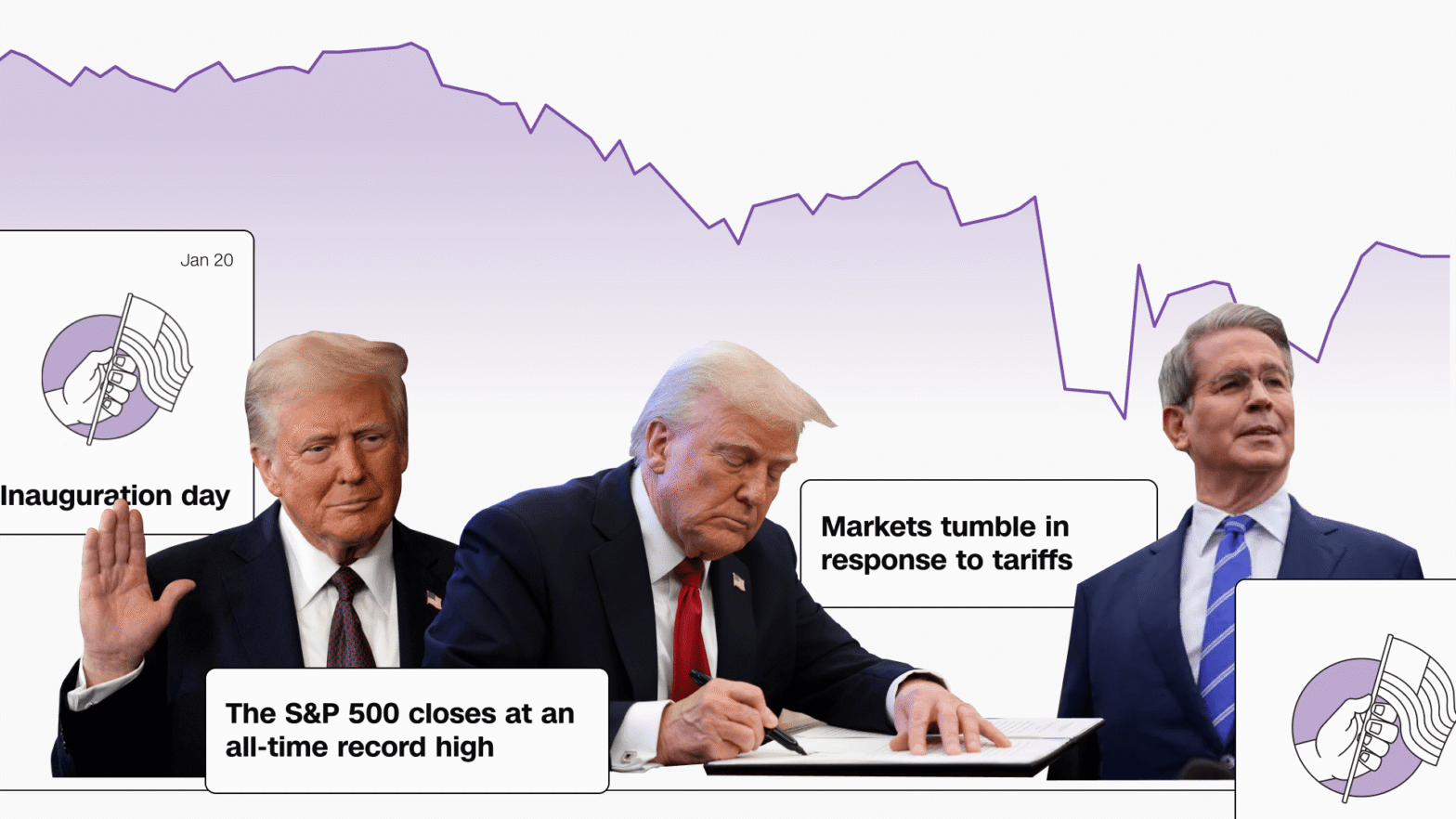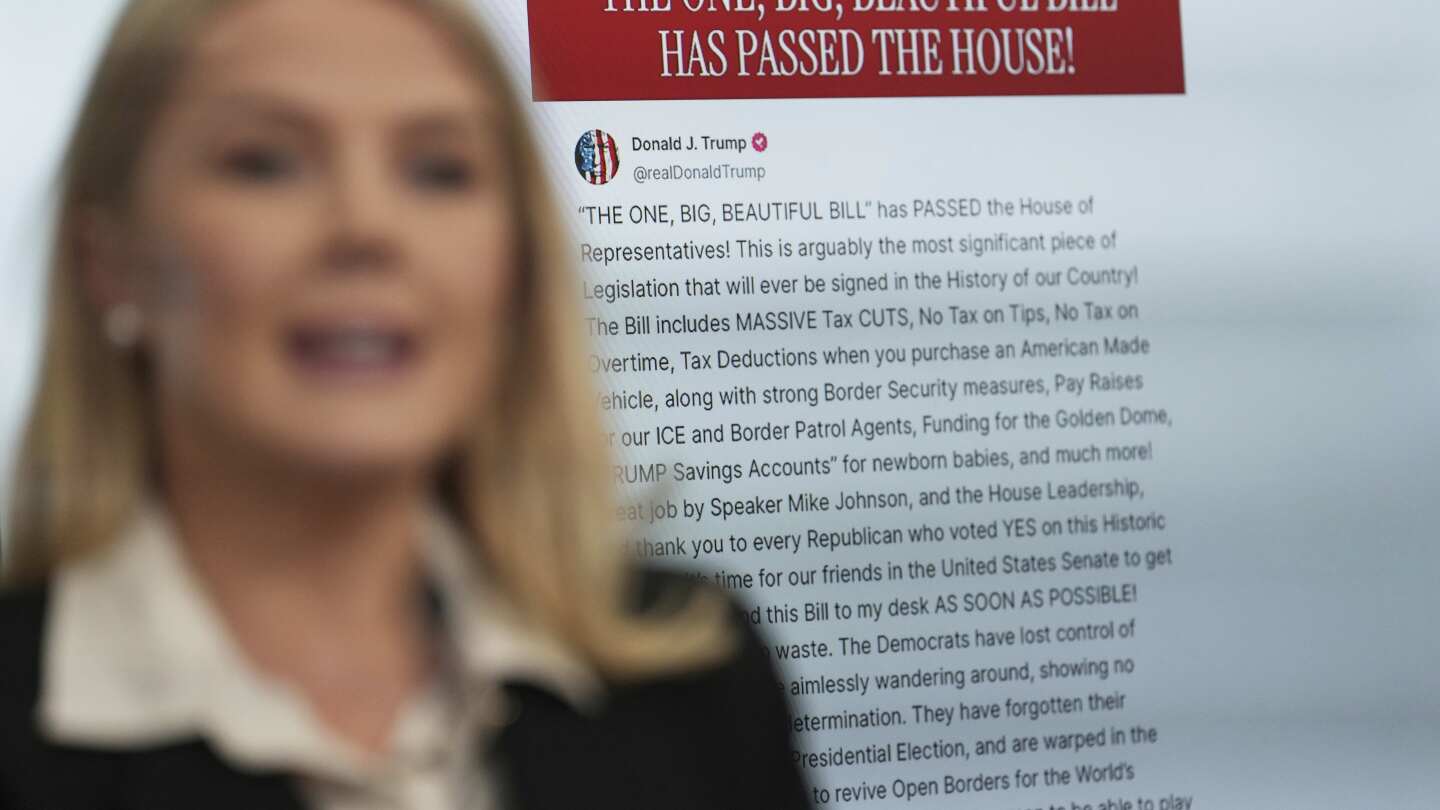Jordan Rosenfeld
4 min read
A bear market occurs when the stock market declines by 20% or more for a prolonged period, reflecting low investor confidence. It can be a response to economic conditions or government policies such as the U.S. saw during COVID-19 “lockdowns” and currently during the threat of high tariffs.
Find Out: Suze Orman: 3 Biggest Mistakes You Can Make as an Investor
Read Next: These 10 Used Cars Will Last Longer Than an Average New Vehicle
While a bear market can signal a recession or economic downturn, it’s not a time to panic. Experts recommended financial moves you should make with your paycheck if we truly enter a bear market.
The first thing to do if the U.S. enters a bear market is to “breathe and stay calm,” according to April Taylor, a financial coach and author.
The next step is to take a close look at your finances and prioritize what’s important, she said, whether that’s building your emergency fund or cutting your expenses or both. “Most importantly don’t panic but prepare.”
If you’re an investor, try to take your emotion out of your money, according to Adem Selita, cofounder of The Debt Relief Company. “Try your best to not get too attached or detached [from] any one thing or any one idea and be open to new opportunities and ways of thinking,” Selita said.
Learn More: Money Influencer Delyanne Barros: Why Boring Could Be Best for Investing
If you have money invested, one of the worst things to do in a bear market is to pull your money out or stop investing, Taylor said.
In fact, if you still have funds to invest, this could be one of the best times to “up the ante,” she said, because “everything is on sale.” At the minimum, just hold steady.
A bear market is a time to focus on paying for your essential bills first, such as housing, food and necessities. But it’s also important to keep putting money away in your retirement, such as a 401(k) or your Roth IRA, Taylor insisted.
If your employer matches your 401(k) contribution, you can maximize your investment and reduce your contribution. “Everything is at discount, you’re getting more bang for your buck,” Taylor said.
If you’ve been weighing whether to pay off high-interest debt, do it as quickly as possible if you see a bear market coming, Taylor said.
She recommended the debt stacking strategy — where you take any extra money and pay off the highest interest rate credit card first — then work your way down.
“High-interest debt in a bear market can be a slippery slope [and] dangerous,” she said.

















